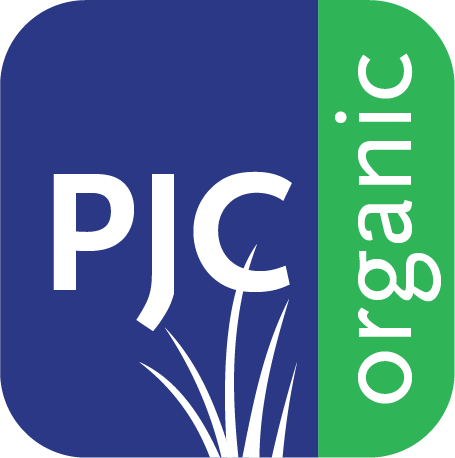PFAS Contamination Forces Closure of Maine’s Largest Compost Facility
Maine’s Hawk Ridge Compost Facility, once the state’s largest operation for turning municipal sewage sludge into compost, will officially close after nearly forty years of service. This decision comes in response to widespread contamination from PFAS, or per- and polyfluoroalkyl substances, commonly referred to as “forever chemicals”.
PFAS are synthetic compounds used in everything from nonstick cookware to waterproof clothing. Unfortunately, they do not break down in the environment, leading to long-term contamination in soil and water. For facilities like Hawk Ridge, which relied heavily on sludge as a composting input, the discovery of PFAS at unsafe levels proved devastating.
Although Maine banned the land application of sludge-based compost in 2022, Casella Waste Systems (operator of Hawk Ridge) continued bringing in out-of-state sludge to keep the facility running. Pressure from state regulators, community concerns, and continued environmental monitoring eventually made the operation unsustainable. According to the closure plan negotiated with the Maine Department of Environmental Protection (DEP), Hawk Ridge stopped accepting sludge on September 1 and will complete cleanup and closure by June 30, 2026.
This closure highlights the challenges faced by communities, farmers, and land care professionals who have long relied on compost to improve soil health. With Hawk Ridge shutting down, Maine loses a major source of organic material, raising questions about how the state will manage both waste streams and soil fertility needs going forward. For many, it underscores the importance of sourcing clean, reliable inputs for compost and fertilizer, free from harmful contaminants like PFAS.
The story of Hawk Ridge is more than just a local environmental issue. It reflects a broader national conversation about waste management, water protection, and the hidden risks of chemicals embedded in everyday products. As regulators and land care advocates look for solutions, the need for safe, sustainable soil management practices has never been clearer.
Call to Action
For more details on the Hawk Ridge closure (including DEP findings, Casella’s response, and what this means for Maine communities) read the full article on Bangor Daily News here.
